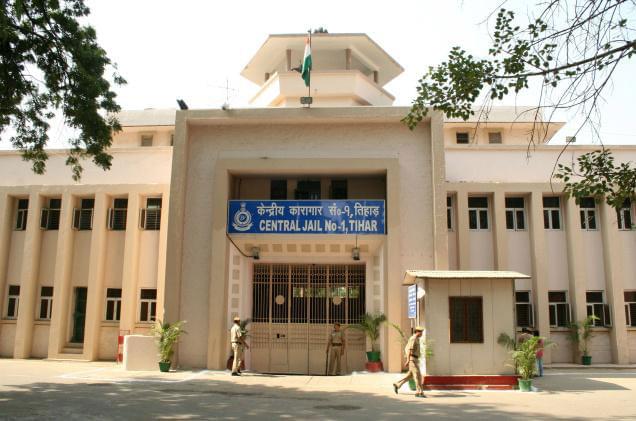More on Indian Minorities
Fifty Eight Percent of Under-Trials happen to be Muslims in Maharashtra; National Average being Thirty Eight Percent

New Delhi : Muslim under trials will be the biggest beneficiary of the Supreme Court order to release undertrials languishing in jails across the country. A Supreme Court order last Friday called for releasing under trials,who have served half of the maximum punishment but are still in jail waiting to be heard. This order is bound to help the community guys who had been booked for several trivial reasons.
It is because according toNational Crime Records Bureau out of 3.8 lakh prisoners, 2.5 lakhs are undertrials and 38.81 percent of the undertrials happen to be from the biggest minority community of the country. Calculated on the number of under trials per lakh population where the Hindu under trials rate is 21.5 percent with 80.5 percent of the Indian Population, the Muslims are 38.81 percent with just a representation of 13.5 percent population in the country. This data proves beyond doubt that the allegations of biasness of the police and the judicial system are far from being false.
Another glaring fact that comes to light is that only 17 percent of the convict population happen to be from the community whereas 71.4 percent from the majority community have been convicted, bringing to light that the Muslim community languish more in jail due to far less avenues of going through a fair trial process.
Undertrials languish in jails due to reasons that include repeated court adjournments, delays in police, prosecution not being ready, defense lawyers not being prepared, and the jail review systems going defunct, apart from a poor prisoner’s inability to arrange for a lawyer and bail but activists complain that more due to police biasness and indifference of the judiciary in many cases minority community suffer the burn the most. The situation is worst in states like UP, MP, Maharashtra, Jharkhand and Rajasthan where there is a wide gap in the Hindu and Muslim undertrial rate. Maharashtra is the worst with a difference of over 45 points between the Hindu and Muslim rates.
Couple of months, back six accused on death row in the Gujrat Akshardham Temple blast case were released by the Supreme Court on grounds that the investigation of the police was faulty and not complete. In 2013 a report of the Home Ministryon police attitude towards minorities prepared by three DGPs -Sanjeev Dayal of Maharashtra, Deoraj Nagar of UP and K Ramanujam of Tamil Nadu had identified and reported to the center that ‘there was a perception of police bias against Muslims’. They wrote”It has to be admitted that the conduct of some members of the police forces during communal riots had only served to strengthen these suspicions and distrust in the minority communities”.
